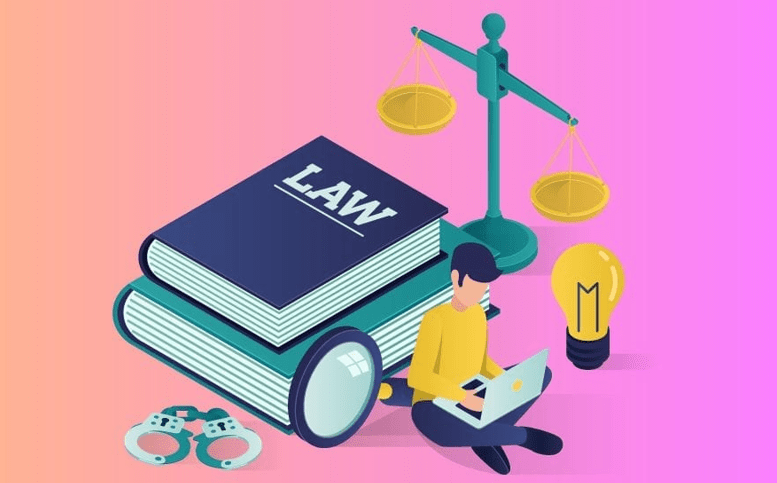
The Court ruled that there is no need to look into an advocate’s actual field of practice in order to meet the Delhi Higher Judicial Services eligibility requirement of having been in practice for seven years.
According to the Delhi High Court’s ruling in Karan Antil v. High Court of Delhi, pursuing a Master’s degree in law does not constitute a break from the practice of law.
The Court held that an advocate would continue to be considered in practice while he pursues a full-time LL.M. course as a regular student by citing a December 2009 resolution of the Bar Council of India (BCI) and the Supreme Court’s observations in the Deepak Aggarwal case.
The eligibility requirement for the Delhi Higher Judicial Services (DHJS), which is to have been in practice for seven years, does not call for any investigation into the actual area of practice of an advocate, according to a division bench of Justices Vibhu Bakhru and Amit Mahajan.
The Court stated that if a person had been enrolled as an advocate for seven years prior to the date of the application, “he would satisfy the eligibility criteria unless it is established that he was not entitled for being so enrolled as an advocate; had suspended his practice either voluntarily or otherwise; or had accepted an engagement or vocation, which was impermissible as an advocate.”.
The Court was considering a petition that a candidate named Karan Antil, who had registered to take the DHJS exams, had submitted. Three of the candidates on the short list were contested by Antil for a variety of reasons.
One of the candidates’ eligibility was questioned because from September 2015 to June 2016, he attended University College London (UCL) full-time for a Master of Laws program. and as a result, the respondent’s continuous period of practice had to start in June 2016.
The Bench took into account the facts and noted that the petitioner would only be eligible for inclusion in the select list if he is successful in his appeal of the appointment of all three candidates.
Therefore, the Court made the decision to address the issue of the candidate whose appointment was contested because he was a foreign student.
It concluded that there are no material differences in the requirements for an advocate to be appointed as a district judge between Article 233 (2) of the Indian Constitution and Rule 9(2) of the DHJS rules.
“…we reject the claim that Rule 9(2) of the DHJS Rules contemplates the requirement of being actively engaged in the practice of law in addition to the eligibility requirements outlined in Article 233(2) of the Constitution of India. We believe that the eligibility requirements for the appointment of an advocate as stated in Article 233(2) of the Indian Constitution must be read into Rule 9(2) of the DHJS Rules.
The Court also rejected the claim that the phrase “must have practiced as an Advocate” as stated in the DHJS Rules is materially different from the requirement of seven years’ standing at the Bar.
We are unable to accept the aforementioned claim that the eligibility requirements outlined in Rule 9(2) of the DHJS Rules or Article 233(2) of the Indian Constitution are materially different due to the requirement of seven years of bar experience. The requirement of having not less than seven years of standing at the Bar is the same for a candidate who has practiced for that amount of time.
Senior Advocate Akhil Sibal and Advocate Praveen Kumar appeared for the petitioner.
Advocates Dr Amit George, Piyo Harold Jainmon, Amil Acharya, Raya Durgam Bharat and Arkaneil Bhaumik appeared for the High Court of Delhi.
Senior Advocate Dayan Krishnan appeared for Respondent No 3.
Senior Advocates Sachin Puri and Akshay Makhija along with Advocates Praveen Kumar Sharma, Nidhi Rana, Praveen Kumar, Mitesh Tiwari, Mukesh Kumar Sharma, Manish Bhardwaj, Devansh A Mahta, Mrigank Prabhakar and Sakshi Banga, Rinku Parewa, Nikhil Jayant, Nitesh Kumar and Sahil Khurana appeared for other respondents.
Written By- Tushar Vashisth students of 3rd year BBA LLB at Chandigarh University





0 Comments